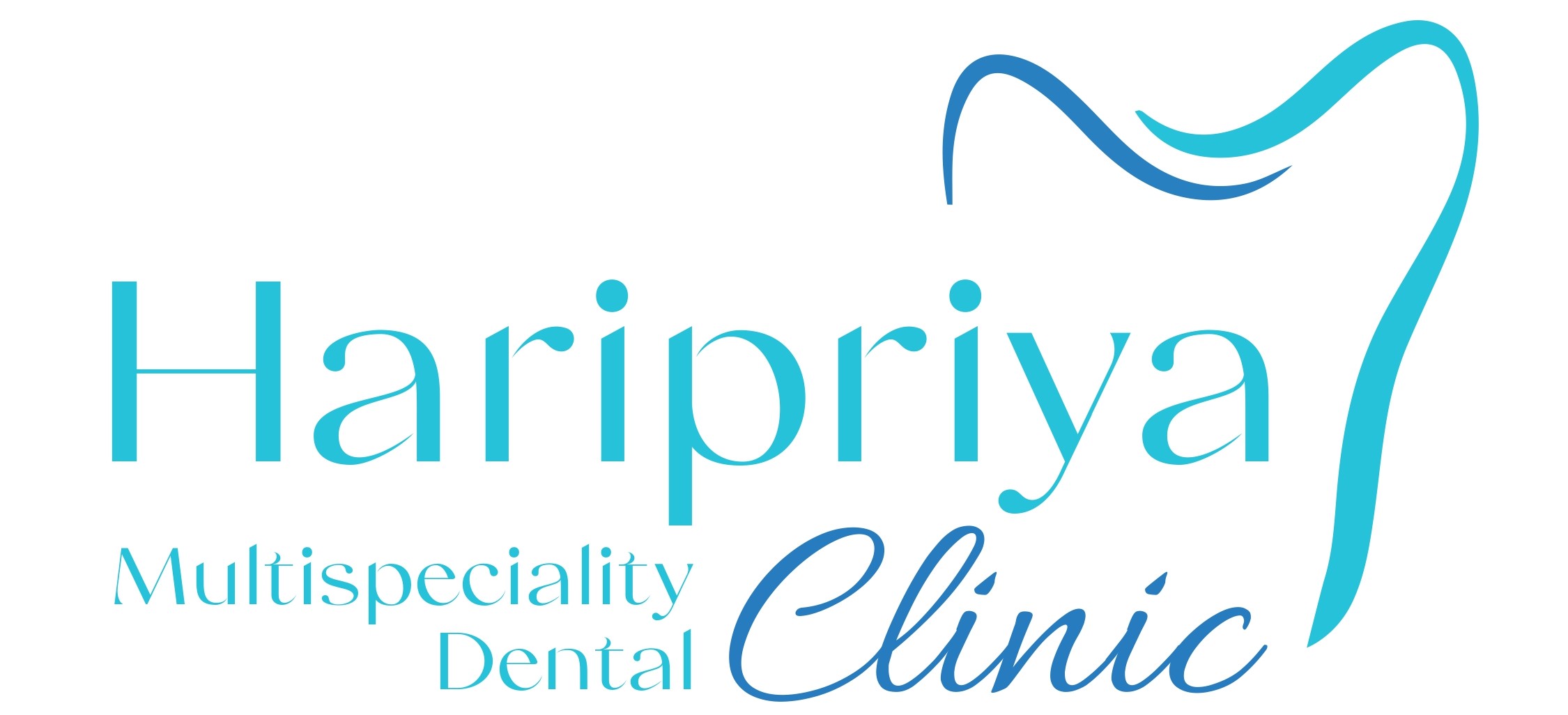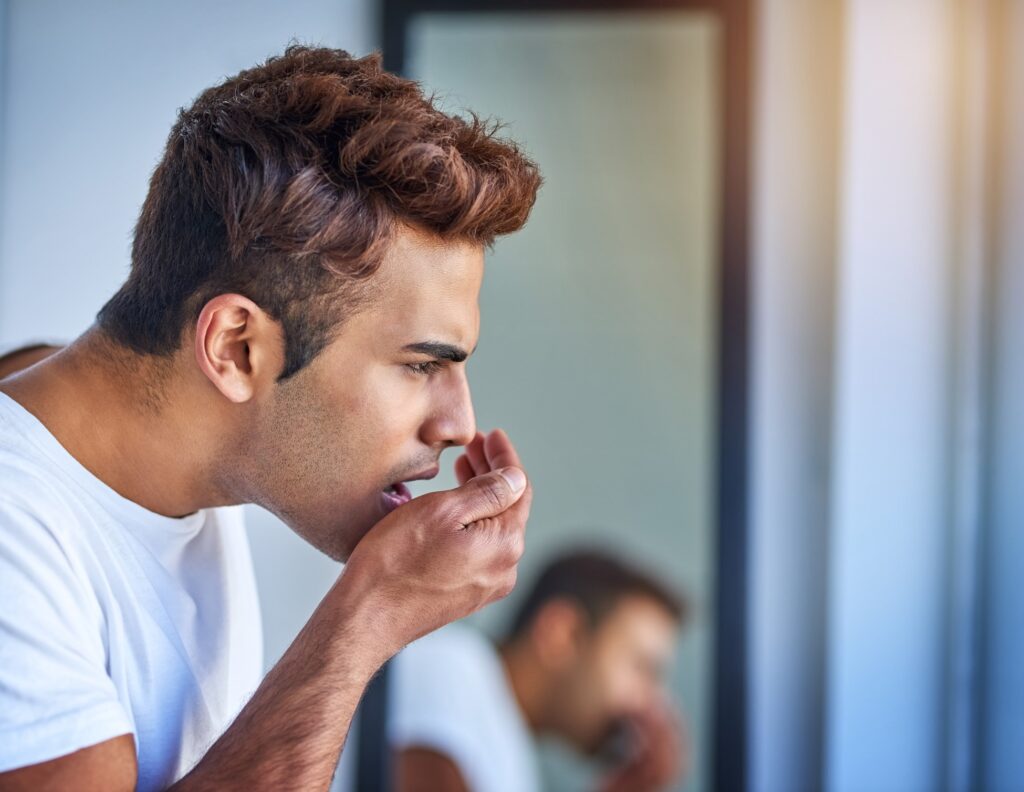Halitosis, or bad breath, can be embarrassing and frustrating, especially when it persists even after you’ve brushed your teeth. This guide will take you through understanding why halitosis after brushing teeth can happen and how to tackle it effectively. From dental routines to lifestyle changes, we’ll cover practical steps to ensure your breath stays fresh throughout the day.
Introduction to Halitosis
Halitosis is a common issue affecting many people in India, often impacting social gatherings and personal connections. It’s not just an occasional problem but a persistent one that follows people despite maintaining oral hygiene routines. This problem can have a major influence on confidence and social interactions, leading to a more significant stigma than one might expect.
This guide aims to provide solutions for those who encounter halitosis after brushing teeth. Understanding this issue is crucial because it affects not only social interactions but also personal self-esteem. Within this guide, we’ll explore effective ways to combat bad breath beyond merely brushing your teeth.
By reading through, you will discover practical, simple steps to effectively manage bad breath, ensuring you can engage confidently in your social surroundings.
Understanding the Causes of Halitosis
Halitosis, or persistent bad breath, can be triggered by several factors. Knowing these can help in setting a clear path to tackling the issue. A common cause is inadequate oral hygiene, leading to bacteria accumulation on the tongue and in between teeth. Even when you brush, if you miss certain areas, bad breath can remain.
Dietary habits also play a crucial role. Foods like garlic and onion top the list of culprits. Smoking and some medications contribute as well to this persistent issue. Despite popular belief, chewing fresh mint does not always cure bad breath.
In Indian culture, myths circulate about this condition, sometimes falsely attributing bad breath solely to what a person has eaten. However, combatting bad breath involves addressing these myths and adopting effective habits to prevent halitosis after brushing teeth.
The Role of Regular Dental Check-ups
Visiting the dentist regularly is key to preventing halitosis even after brushing. Routine dental visits remove plaque and tartar you might miss during daily cleaning. Professional cleanings, scaling, and polishing are vital procedures that dentists offer.
By getting rid of stubborn plaque and ensuring thorough oral cleaning, the chances of maintaining fresh breath increase. Dentists are also trained to spot early signs of issues that might lead to bad breath.
An ideal frequency for these check-ups is at least twice a year. This regular schedule helps prevent possible problems before they become significant, keeping your breath fresh and your smile healthy.
Making Lifestyle and Dietary Adjustments
Maintaining good oral health goes beyond brushing. Here’s how you can incorporate steps into your daily routine:
- Floss daily: Flossing removes food particles and plaque from areas your toothbrush can’t reach.
- Use mouthwash: A good mouthwash can kill bacteria that cause bad breath.
In terms of diet, consider foods like apples, carrots, and celery which can naturally clean teeth. Avoid frequent consumption of sugary snacks and drinks. Hydration is critical too; drinking plenty of water keeps your mouth moist, reducing bacteria growth and combating halitosis after brushing teeth.
When to Seek Medical Intervention
Sometimes, persistent halitosis suggests a deeper problem. If you’ve tried routine cleaning, flossing, and mouthwash without success, it might be time to see a healthcare provider.
Signs to watch for include: – Persistent bad breath despite good hygiene. – An unusual taste in the mouth. – Dry mouth sensation.
Medical treatments, including prescribed medications and special mouthwashes, can address severe cases. Additionally, simple remedies such as oil pulling and using neem or clove, rooted in traditional Indian practices, offer natural alternatives to help refresh your breath.
Link Between Halitosis and Medical Conditions
Halitosis is sometimes a symptom of more severe health issues. Conditions starting in the respiratory or digestive systems can contribute to bad breath. For instance:
- Respiratory infections can lead to lingering odors.
- Poor digestion might manifest as unpleasant breath.
- Sinus and throat infections also cause this issue.
Understanding these connections underscores the importance of addressing both oral and overall health to prevent halitosis even after brushing.
Oral Health Tips and Techniques
Improving oral hygiene involves choosing the right tools and techniques:
- Toothbrush selection: Opt for a soft-bristled brush that’s gentle on your gums.
- Toothpaste choice: Use one with fluoride to support tooth enamel.
- Tongue cleaning: Incorporate a tongue scraper to reduce bacteria build-up.
Introducing probiotics into your diet also helps balance good bacteria in your gut and mouth, contributing to fresher breath overall.
Conclusion and Call to Action
Addressing halitosis even after brushing requires understanding its causes, adopting better hygiene habits, and sometimes consulting with healthcare professionals. We’ve covered the significance of regular dental check-ups, dietary changes, and potential healthcare interventions.
You can confidently face the world by proactively managing your oral hygiene. For further assistance, consider visiting local clinics or seeking professional dental advice in India. Taking these steps will ensure you maintain a healthy, fresh, and confident smile. Let’s embark on this journey to better oral health together.
For expert dental care and personalized treatment, visit Haripriya Multispecialty today and take the first step toward a brighter smile!

